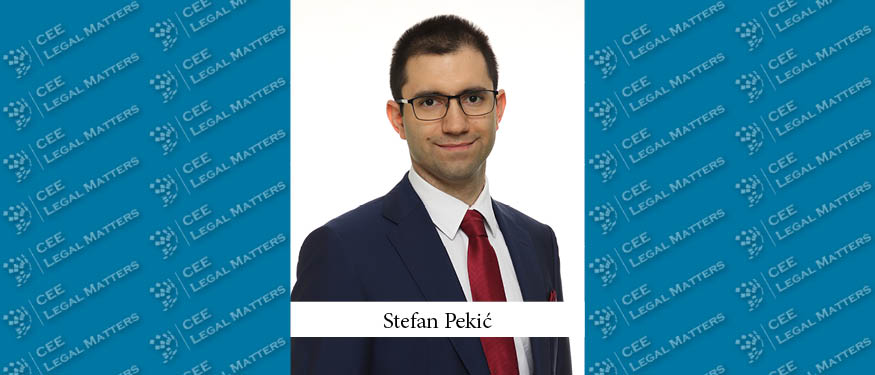After attracting EUR 5.2 billion in foreign direct investment in 2024, Serbia continues to attract significant investment interest across energy, real estate, and manufacturing sectors in 2025. With this renewed inflow of capital and expansion of joint ventures, the nuances of shareholder relationships in limited liability companies are coming into sharper focus, especially for founders, joint venture partners, and minority investors. While the Companies Act offers a legal foundation in this climate, much of the real control and protection lies in what is known as the “shareholders’ agreement,” a private contract that defines how shareholders invest, cooperate, and exit.
Dealmakers and business owners are becoming increasingly aware that the real strength of their position in an LLC comes not just from how much of the company they own, but from how the rules around ownership are written and enforced. With that in mind, there are several key contractual mechanisms that are now commonplace in shareholders’ agreements across Serbian companies.
One of the most important tools remains the pre-emption right. Under Serbian law, all members automatically have the right to be offered any stake in the company that another member wishes to sell to a third party. However, this right can be waived or customized in the company’s founding act or the shareholders’ agreement. In practice, companies that ignore or mishandle these rights expose themselves to legal challenges and deal disruptions. If a selling shareholder fails to offer their stake to existing members first, other members can take them to court to block the transfer or claim that the stake be sold to them instead. This kind of uncertainty can chill investment in tightly held companies.
Beyond legal safeguards, companies are also turning to contractual mechanisms that mimic global private equity standards, particularly when it comes to ownership changes. Two such tools, tag-along and drag-along rights, are being widely adopted, especially in companies with both majority and minority shareholders.
Tag-along rights, for starters, are designed to protect minority members. If a majority shareholder decides to sell their stake to a third party, tag-along clauses allow minority members to join the deal and sell their shares under the same terms. This prevents them from being left behind under a new ownership structure they never agreed to, which often leads to management friction or exit pressure.
On the other hand, drag-along rights serve the majority. These clauses allow a majority owner to force minority members to sell their shares when a third party wants to acquire 100% of the company. Without this clause, deals can fall apart simply because a small shareholder refuses to sell. In Serbia, while not regulated directly by statute, both of these rights can be agreed upon under the general freedom-of-contract principle.
Similarly, call and put options, which give one side the right to buy or sell shares under predetermined conditions, are gaining traction, especially in scenarios involving phased investments or gradual exits. A well-drafted call option lets a member buy out others once certain performance metrics or timeframes are met. A put option does the reverse, allowing members to exit at a defined price formula. These are particularly useful when structuring deals between strategic investors and founders, where the exit horizon or control strategy might change over time.
What is becoming evident is that in Serbia’s business climate, the structure of ownership is now as important as the distribution of it. This has become especially important in companies where there are only two members holding 50% each. Deadlocks in such setups are increasingly common, so without predefined exit paths or deadlock-resolution mechanisms, such companies risk stalling or imploding.
As for the minority shareholders, legal protection still exists and was strengthened by the 2021 amendments. For instance, the amendments introduced increased requirements for disclosure of personal interest transactions and strengthened minority shareholder rights. The act also allows the members to bring a claim to court if their statutory rights are bypassed. However, since litigation is slow and often reactive, smart companies and investors turn to prevention through thoughtful contracts. Moreover, investors who are minority shareholders often require a higher standard of protection than what the Companies Act prescribes. For example, if the majority shareholders do not distribute dividends for years but retain earnings, the minority shareholder has no mechanism to claim distribution of dividends.
Overall, as Serbian companies continue to grow and attract capital, the focus on clear, enforceable, and investor-friendly shareholders’ agreements is expected to intensify. For founders, this means building in long-term flexibility. And for investors, it means insisting on safeguards.
By Stefan Pekic, Partner, Pekic Law Office
This article was originally published in Issue 12.6 of the CEE Legal Matters Magazine. If you would like to receive a hard copy of the magazine, you can subscribe here.
